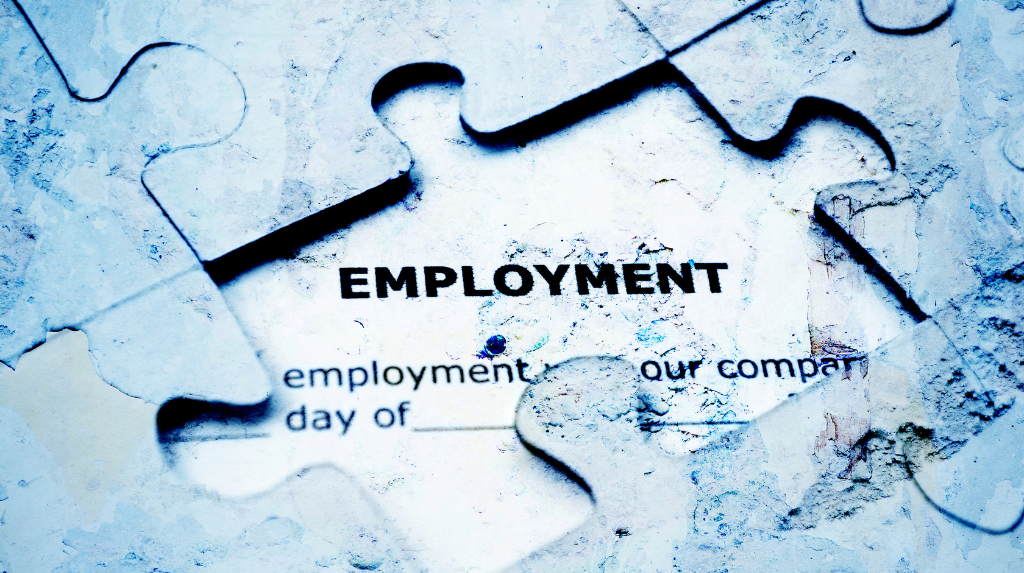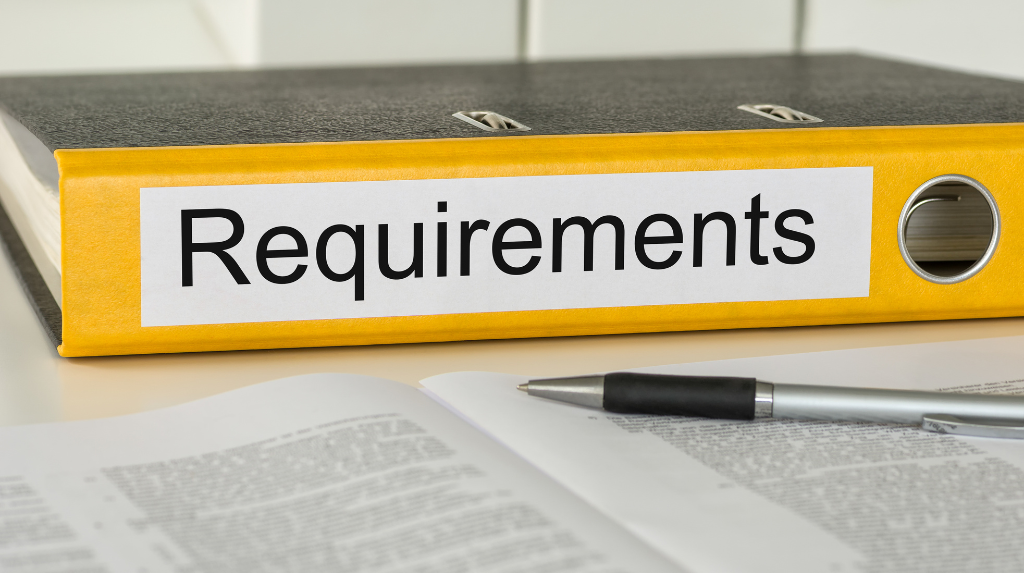Germany is quite well-known for its exceptional economic condition and great innovation, therefore people looking for opportunities for jobs with good conditions of life choose Germany as a destination. It has great jobs, competitive salaries, and a nice work-life balance which attracts, its international pool of skilled workers. Likewise, people who want to work in Germany but do not have a German employment permit will not be allowed to do so.
Visa or Permit: Unraveling the Essentials
Often, those who want to progress and start a career in Germany start with the process of obtaining either a work visa or permit, which is granted to their nationals according to their privileges. This visa not only allows employment in the German labor market but also becomes a kind of ”bridge” between temporary and outlook.
Do I Need a Visa to Work in Germany?
The eligibility for a working visa or permit depends on your country and the current agreements. While some countries offer visa-free access to their citizens, others either struggle with the long and complicated bureaucratic process of visa application or require a visa in the first place.
Visa Exemptions: The Fortunate Few
EU/EEA citizens, Australian, and Canadian visa nationals, Israel, Japan, South Korea, New Zealanders, Swiss, and Americans are among the lucky few beneficiaries of the work visa exemptions. This privilege was credited to the German feat of facilitating the flow of skilled human resources.
In EU/EEA member states as well as Switzerland, Liechtenstein, Norway, and Iceland, there is no need to acquire a work visa. On the contrary, a registration of address acquires the flexibility required by the freedom of movement within the Schengen Area.
Non-Exempt Nationals: Pathways to the Visa
If you hail from Australia, Israel, Japan, Canada, South Korea, New Zealand, or the USA, a work visa isn’t mandatory for entry. However, obtaining a residence permit upon arrival is essential, enabling engagement in gainful employment.
For nationals not encompassed by these exemptions, the work visa becomes a pivotal requirement for venturing into Germany’s professional landscape.
Requirements and Application Process
The journey to obtaining a German work Visa is paved with meticulous steps and documentation.
To substantiate your work visa application, certain documents are paramount:
Standard German Visa Documents: These encompass the quintessential requisites like the application form, passport-sized photos, and your valid passport.
Employment Contract: A tangible job offer, encapsulated in a signed contract, underpins your intent to contribute to Germany’s workforce.
Health Insurance Certificate: An assurance of compulsory health insurance coverage is essential. If your German employer doesn’t encompass this in your employment package, a separate travel health insurance plan is obligatory.
Navigating the Application Process
Initiating the work visa application involves adhering to meticulous steps:
Employment Approval:
Your future employer’s affirmation that your skills are indispensable and not readily available within the EU/EEA context bolsters your application.
Document Compilation:
Thoroughly gather all necessary documentation, ensuring their compliance with German authorities’ expectations.
Embassy Interaction:
Schedule an appointment with the nearest German embassy or consulate. The visa application fee payment and the submission of required documents become focal points.
Time Frames and Financials
The processing period for a work visa hinges on the embassy’s workload, varying from one to three months. Applying early is prudent, as the precise processing duration remains elusive.
The Visa Cost: An Investment in Opportunity
The German work visa entails a fee of €75. Yet, potential fee reductions based on circumstances or nationality should be explored through the respective German embassy channels.
The Scope of the Visa: Unraveling Duration
The work visa grants you a year of validity, aligning with the potential extension of your employment contract. Continuous extension is permissible, ensuring uninterrupted engagement in the German workforce.
The Residence Permit for Work
For non-EU/EEA nationals, the residence permit is a crucial gateway to long-term work engagement.
Temporary Residence Permit for Employment Purposes:
This permit synchronizes with the tenure of your employment contract. Renewal options are extensive, and contingent on the stability of your employment status.
The EU Blue Card:
Tailored for highly skilled non-EU nationals, the EU Blue Card mandates specific qualifications, like a bachelor’s or master’s degree. Income thresholds and duration of validity are pivotal components of this pathway.
Permanent Residence Permit:
Culminating in ultimate stability, this permit beckons after a five-year tenure of approved employment, proficiency in advanced-level German, and the fulfillment of distinct criteria.
Empowerment Through Expertise
Embarking on the endeavor to secure a German employment Visa necessitates meticulous attention to detail. Engaging experienced immigration professionals, like expert lawyers or consultants, can streamline your journey. Their insights ensure that your application conforms to German immigration guidelines, minimizing delays and maximizing your prospects.
How to ensure foreign qualifications are recognized in Germany
1. Understand the Recognition Process
Germany has a structured process for recognizing foreign qualifications, particularly through the Recognition Act, which allows foreign skilled professionals to have their vocational qualifications compared to German standards. This is especially important for regulated professions such as healthcare, engineering, and teaching, where specific qualifications are legally required to practice.
2. Check the Anabin Database
The Anabin database is a crucial tool for verifying whether your academic institution and degree are recognized in Germany. Here’s how to use it:
- Access Anabin: Visit the Anabin website and search for your university and degree.
Classification: Look for the classification of your degree:
- Gleichwertig: Equivalent to a German degree.
- Entspricht: Comparable but with minor differences.
- Bedingt vergleichbar: Conditioned equivalence, requiring further assessment or training.
3. Apply for Recognition
If your qualifications are not fully recognized, you may need to apply for a formal recognition process through the relevant authorities. This typically involves:
- Submitting an application to the appropriate recognition authority (often regional).
- Providing documentation such as diplomas, transcripts, and proof of professional experience.
4. Use the Recognition Finder
The Recognition Finder is an online tool that helps identify the correct authority for your profession and provides guidance on the recognition process. It’s available in multiple languages and can direct you to local resources.
5. Prepare for Additional Requirements
In some cases, you may need to complete additional training or assessments if your qualifications are only partially recognized. This may involve:
- Participating in qualification measures such as training courses or internships.
- Demonstrating proficiency in German, often at least at A2 level.
6. Financial Considerations
Ensure you can cover your living expenses during the recognition process. This may involve setting up a blocked bank account with a minimum balance required by German authorities (approximately €1,027 per month as of 2024) if you need a visa for this purpose.
Germany, a cradle of innovation and economic prowess, extends an open invitation to skilled professionals worldwide. With a German employment Visa, your aspirations take tangible form, propelling you toward rewarding careers and personal growth. The intricate process of acquiring a work visa mirrors the country’s commitment to fostering international collaboration and expertise. As you navigate the intricacies of this journey, remember that meticulous preparation, adherence to requirements, and a commitment to excellence will undoubtedly yield success.
How Law and Visas Can Help?
At Law and Visas, our team of expert immigration consultants is here to make your Germany Employment Visa straightforward and successful. Whether you’re applying for a Seasonal Worker Visa or an EU Blue Card, we handle every step—from preparing your application to gathering the required documents.
Our Immigration Consultants and Lawyers ensure that your application meets the highest standards, with no details missed. We’ll also keep you informed throughout the process and coordinate with the immigration office or embassy on your behalf.
Law and Visas has a strong record of helping clients secure the visas/permits they need to visit Germany. Call us today at +234 812 5505 986 to learn how we can assist you.





